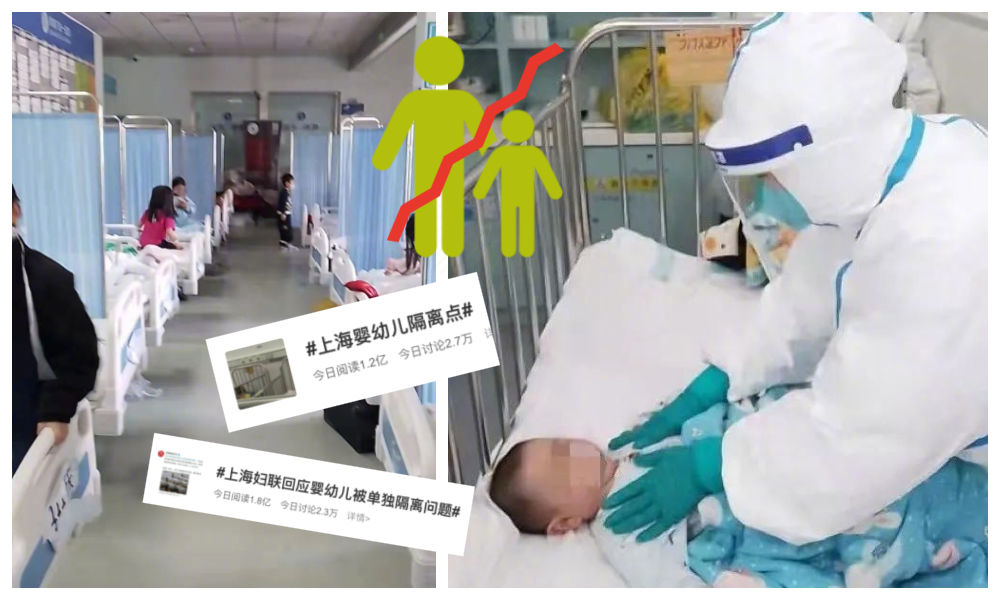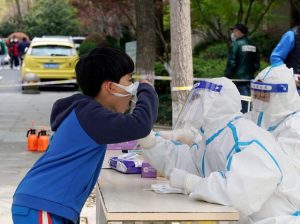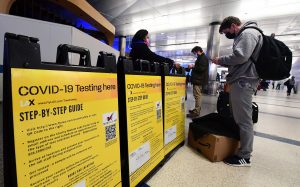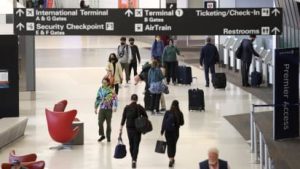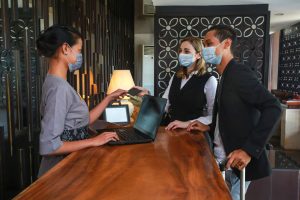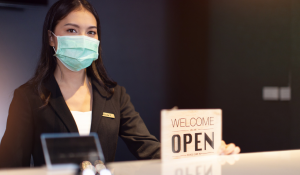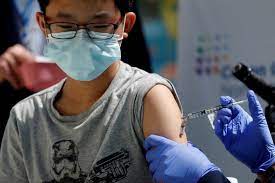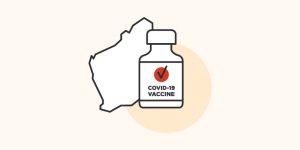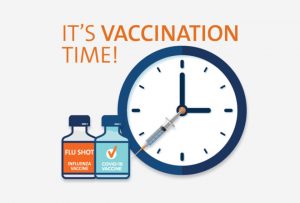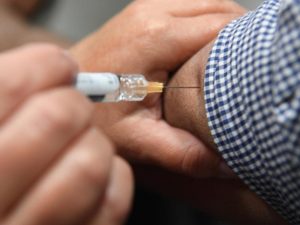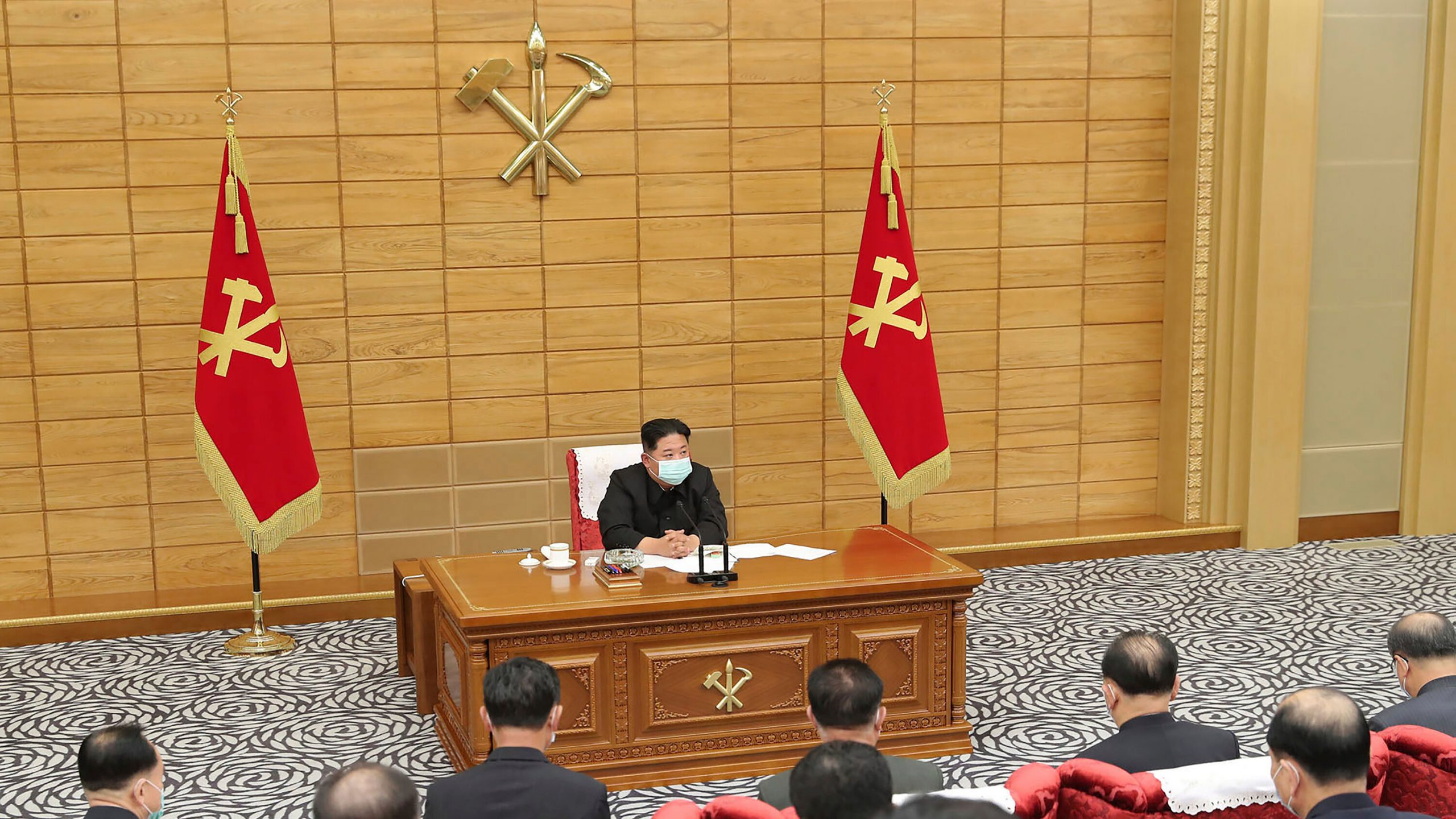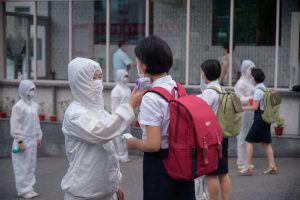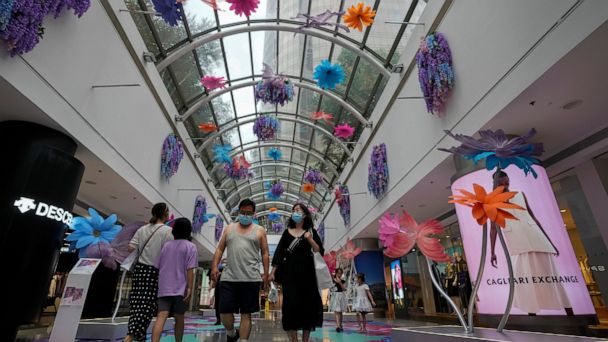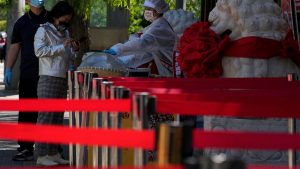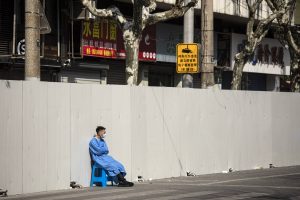1 Jakarta residents have antibodies against COVID-19
Results from an Indonesian health survey indicate almost half the entire population of Jakarta — 4.7 million people from a population of 10.6 million — have antibodies against COVID-19.
The serological survey, which tested for antibodies in the blood among residents across the capital, showed 44.5 per cent of Jakarta residents had tested positive for the SARS Cov-2 virus by March this year.
However, of the estimated number of residents who had been infected, only 8.1 per cent had actually been confirmed. The rest had gone undetected or had no symptoms at all.
The study comes after Indonesia’s deadliest week in the pandemic, with national deaths hovering around 1,000 a day, and about 38,000 daily infections. Infection rates were higher in females than males. Unmarried people showed a lower risk of infection. And there were higher risk factors for people who were overweight, or living in Jakarta’s slum areas.
2 Tokyo Olympics will run without audience

The Tokyo Olympics will go ahead without spectators after a surge in coronavirus cases, organisers have announced.
The widely expected move was made following talks between the government, Tokyo organisers and Olympic and Paralympic representatives. Japan has now declared a coronavirus state of emergency for the capital that will run throughout the event.
Overseas fans had already been barred from attending the Games. Public viewings of the Games have been cancelled and restaurants will be asked to stop serving alcohol under the state of emergency.
Japan’s Prime Minister Yoshihide Suga said the move is essential to prevent Tokyo, where the highly infectious Delta COVID-19 variant was spreading, from becoming the source of another wave of infections.
3 Pfizer called for the US vaccine booster


Pfizer Inc plans to ask US regulators to authorise a booster dose of its Covid-19 vaccine within the next month, Reuters reports.
The drugmaker’s top scientist said on last Thursday, based on evidence of greater risk of reinfection six months after inoculation and due to the spread of the highly contagious Delta variant. Pfizer Chief Scientific Officer Mikael Dolsten said the recently reported dip in the vaccine’s effectiveness in Israel was mostly due to infections in people who had been vaccinated in January or February.
The country’s health ministry said vaccine effectiveness in preventing both infection and symptomatic disease fell to 64% in June. He stressed that data from Israel and Britain suggests that even with waning antibody levels, the vaccine remains around 95% effective against severe disease.
4 Russia covid cases is dominating by Delta
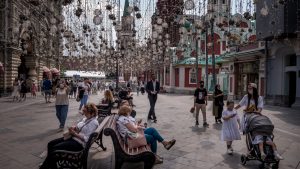
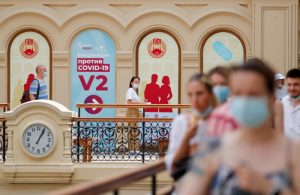
Russia’s coronavirus task force reported 24,818 new cases in the last 24 hours, including 6,040 in the capital.
Russia also reported 734 coronavirus-related deaths, close to a record daily high. Around 66% of Covid-19 cases that Russia identified in June and early July were the Delta variant, Anna Popova, consumer health watchdog head, was quoted by TASS new agency as saying.
The mayor of Moscow old residents that hospital admissions for Covid-19 patients were still very high, though down slightly from a peak last week, Reuters reports. Mayor Sergei Sobyanin said the city of more than 12.5 million was now vaccinating around 100,000 people a day, giving authorities room not to impose new restrictions.
5 Italian Government is sued by 500 families
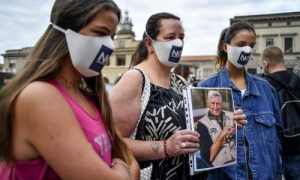

A case brought by more than 500 families of Covid victims seeking a total of €100m in compensation from the Italian government has reached court, as the first hearing into continental Europe’s deadliest outbreak got under way in Rome.
Lawyers representing the relatives of coronavirus victims filed a dossier of more than 2,000 pages on Thursday containing hundreds of testimonies and evidence of “systemic negligence” by the Italian authorities, which allegedly caused the deaths of thousands of people.
“Italy was late introducing measures to contain the outbreak of Covid,” Consuelo Locati, a legal representative of the families, told the Guardian. ‘‘And when they finally did, these measures were not adequate.’’
6 2M Sinovac vaccines delivered to Zimbabwe
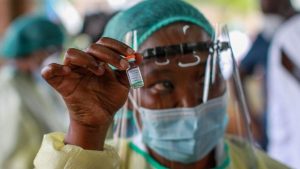

Zimbabwe has received 2 million Covid-19 vaccines from China’s Sinovac, the single largest shipment aimed at boosting a vaccination campaign that had been slowed by shortages while infections and deaths rise.
Reuters reportsed that the southern African nation imposed a dusk to dawn curfew and curbed the movement of people on June 29 in a bid to contain infections, which have since increased by 24% to 60,227.
Zimbabwe has only registered vaccines from China, India and Russia and not from Western countries. The three countries have made donations to Zimbabwe.
Thursday’s delivery took Zimbabwe’s total number of vaccines from purchases and donations to 4.2 million, after another consignment of 500,000 doses arrived from China last week. Finance Minister Mthuli Ncube said Zimbabwe had so far spent $40 million on vaccines.

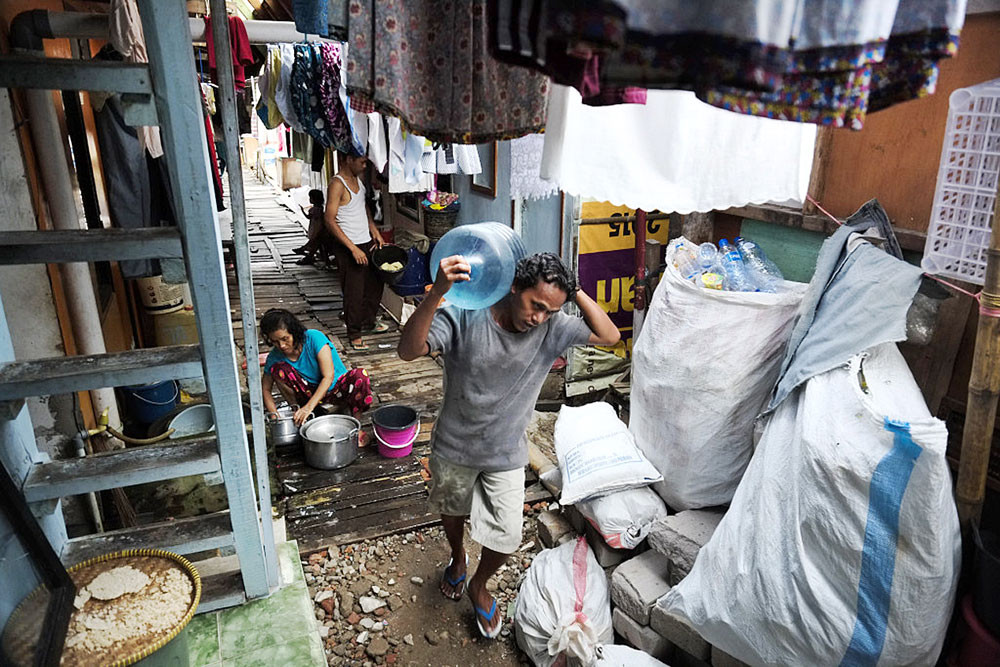

 COVID-19 Around the World3 years ago
COVID-19 Around the World3 years ago
 Cuisine Explorer4 years ago
Cuisine Explorer4 years ago
 Arabic2 years ago
Arabic2 years ago
 Cantonese - Traditional Chinese4 years ago
Cantonese - Traditional Chinese4 years ago
 Tagalog4 years ago
Tagalog4 years ago
 Uncategorized4 years ago
Uncategorized4 years ago
 Uncategorized4 years ago
Uncategorized4 years ago











